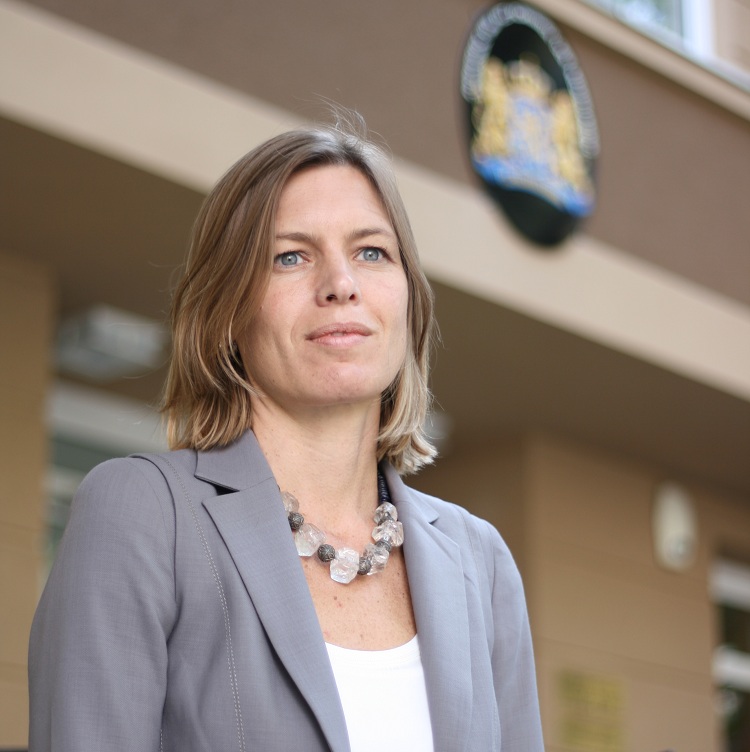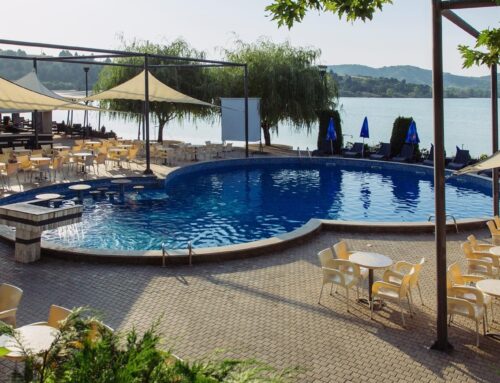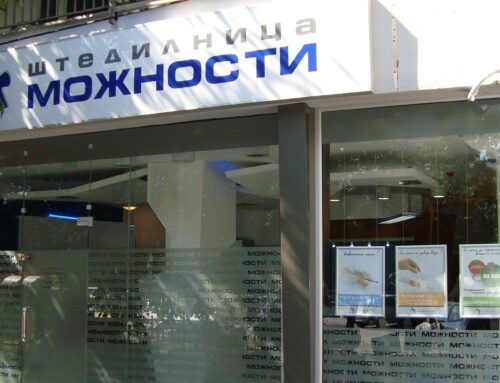
Macedonia has been in line for accession to the European Union (EU) since December, 2005. It has been working to gain membership in NATO. The Dutch Embassy to Macedonia has been working steadily to assist the Balkan nation with its plans and preparations, which span all aspects of society. The European Times spoke with Marriet Schuurman, the Dutch Ambassador to Macedonia, regarding Macedonia’s progress and the hurdles that remain.
European Times: Good day, Ambassador. Could you tell us how things stand with Macedonia’s accession effort, and how the Dutch Embassy is assisting in the process?
Marriet Schuurman: The prime objective of the Netherlands Embassy is the integration of Macedonia into NATO and European structures. Our focus is on supporting governance reforms. Economic diplomacy is an integral part of this effort, because European integration starts with economic integration. The Embassy has been very active in the field of public finance reforms, and also in facilitating private sector development through microfinance and other instruments.
Until recently we had a constituency fund that was used to support an enabling environment for private sector development and economic growth. The Macedonian Customs, Macedonian Tax Office and the Audit Office received substantial support and also assistance from their Dutch counterparts.
European Times: What do you consider the most important initiatives and projects?
Marriet Schuurman: The core of our activities revolves around helping establish links between Dutch and Macedonian companies interested in investment and trade. We have a matchmaking facility whereby Macedonian companies are matched through a consultant with potential partners they can visit in the Netherlands to try and create business links.
In addition, there is PUM, a senior management exchange programme through which senior or retired managers can come to Macedonia and help business to improve their operations and bring them up to European standards. About 40 managers come to Macedonia every year via this programme.
There’s also PSI and ORIO, two funding grant and loan facilities that will be merged into a new instrument this year called, “The Dutch Good Growth Fund.” This will be a revolving fund that Macedonian companies are entitled to. It will help investments and joint ventures in priority areas, and it will be launched mid-year.
European Times: What sectors are interesting for Dutch investors?
Marriet Schuurman: Macedonia has enormous natural resource potential and a lot of advantages, like good climate and availability of fertile land and water, apart from a low tax rate and relatively low labour costs. It will greatly benefit from updating skills and know-how, and large-scale investment in commercial agriculture and food processing industry. Then there are other sectors with potential, such as textiles, tourism, automotive, and IT.




